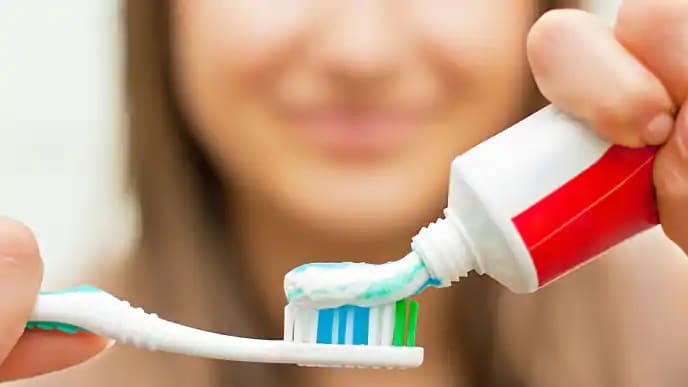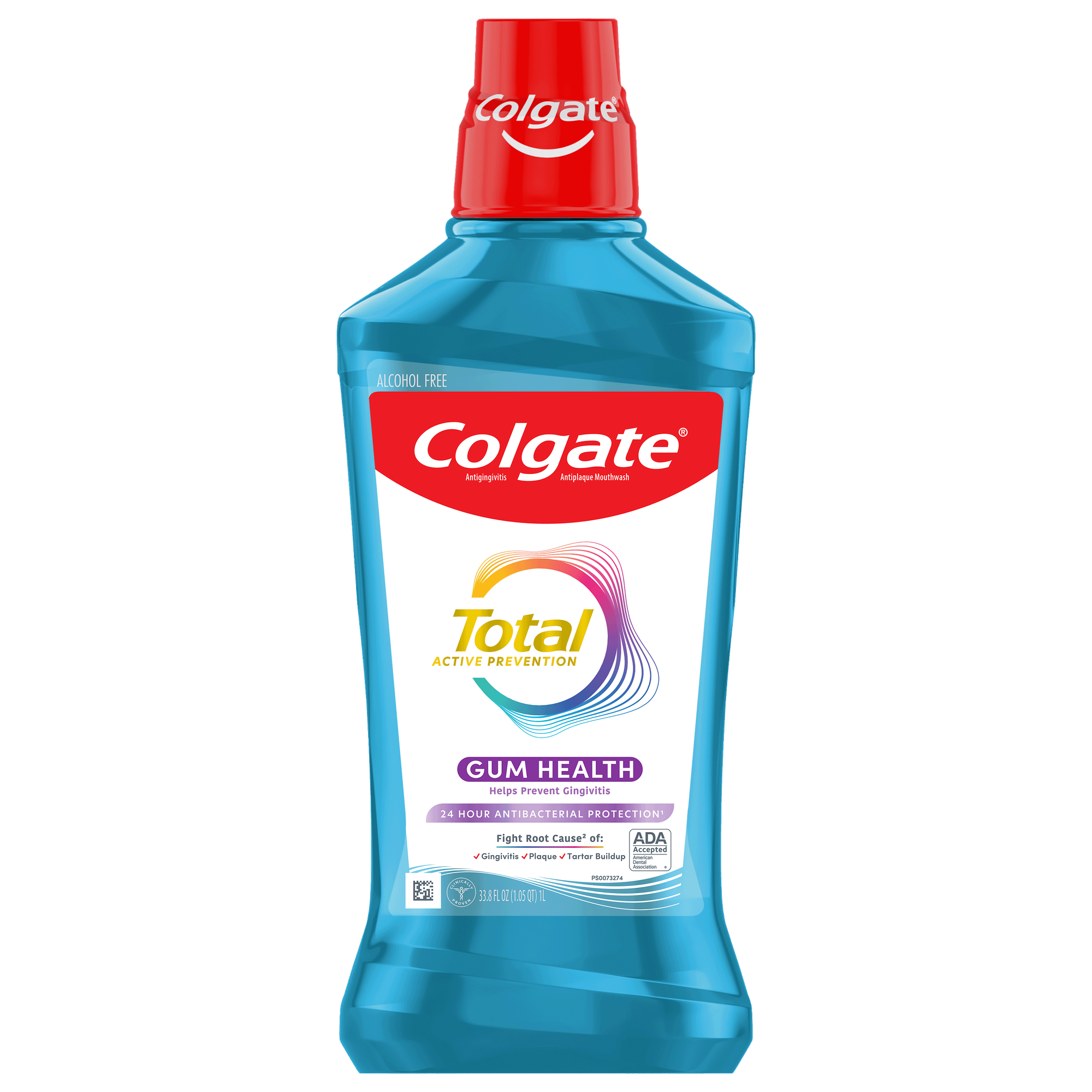Dental Floss vs. Dental Tape
Dental floss and dental tape are interdental cleaning products that clean the surfaces between teeth where a toothbrush cannot reach. Dental floss is a thin strand of twisted plastic monofilaments or nylon filaments, according to the American Dental Association (ADA). Dental tape is very similar to floss, but, as the Florida Developmental Disabilities Council (FDDC) explains, dental tape is broader and flatter than dental floss. It's also sometimes referred to as ribbon tape.
The decision on whether to use dental tape or floss depends on which is the most effective at cleaning between your teeth and which you find easiest to use. For those whose teeth are tightly pressed together, the Winchester Hospital recommends waxed dental floss or tape. Some people may also find it difficult to handle thin strands of floss, especially if you have large fingers. In this case, the FDDC advises switching to dental tape.
How to Use Dental Tape or Floss
The procedure for flossing with dental tape or floss is the same. As the ADA demonstrates, follow these steps:
- Break off a strand of floss or tape from the spool that's roughly 18 inches long.
- Wind one end of the tape around one of your middle fingers. Do the same with the other end of tape on your other middle finger.
- Pinch the string on each hand with your pointer finger and thumb for control.
- Insert the floss or tape into the space between two of your teeth and wrap it around the edge of one tooth, forming a C-shape.
- Using a sawing back and forth motion, gently work the floss or tape up the tooth until it exits the in between space.
- Unwind a small section of floss or tape from one hand and wind it up on the other hand so that you have a clean section to work with.
- Repeat the motion on the opposite tooth surface, reversing the C-shape.
- Insert the floss or tape between the next two teeth and clean the surfaces in the same way. Repeat this for all the spaces between your teeth.
The flossing product you choose isn't as important as the act of using it. Flossing removes plaque from the between the teeth, and if plaque isn't regularly cleaned out with floss, it can turn into a hard substance called tartar that only dental professionals can remove. If this happens, your gums may also swell and bleed, as the ADA explains.
That's why the ADA recommends flossing once per day. You can floss before or after brushing your teeth or at whatever time is most convenient.
Choosing a Flossing Device
If you have trouble using traditional dental tape or floss, a range of alternative devices are available, including dental picks, wooden plaque removers, pre-threaded flossers, powered water or air flossers and tiny dental brushes for cleaning between your teeth, reports the ADA. Dental brushes are cylindrical or cone-shaped and come in several sizes to fit the space between the teeth. There are also specialized brushes for cleaning between dental implants.
Don't allow problems with using dental floss or tape prevent you from developing or maintaining good oral health habits. Flossing once per day helps to keep your teeth and mouth healthy and reduces your risk of gum disease and dental decay. If you choose an interdental cleaner and it doesn't work for you the way you had hoped, ask your dentist and dental hygienist for advice and experiment until you find one that suits you and your teeth.
This article is intended to promote understanding of and knowledge about general oral health topics. It is not intended to be a substitute for professional advice, diagnosis or treatment. Always seek the advice of your dentist or other qualified healthcare provider with any questions you may have regarding a medical condition or treatment.
ORAL HEALTH QUIZ
What's behind your smile?
Take our Oral Health assessment to get the most from your oral care routine
ORAL HEALTH QUIZ
What's behind your smile?
Take our Oral Health assessment to get the most from your oral care routine















